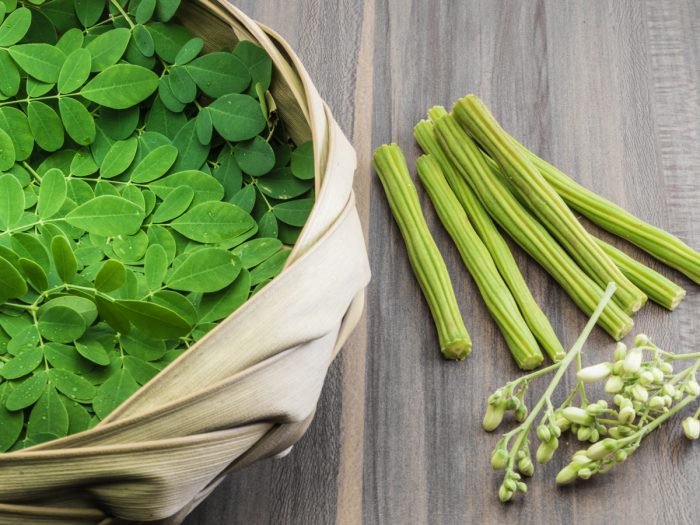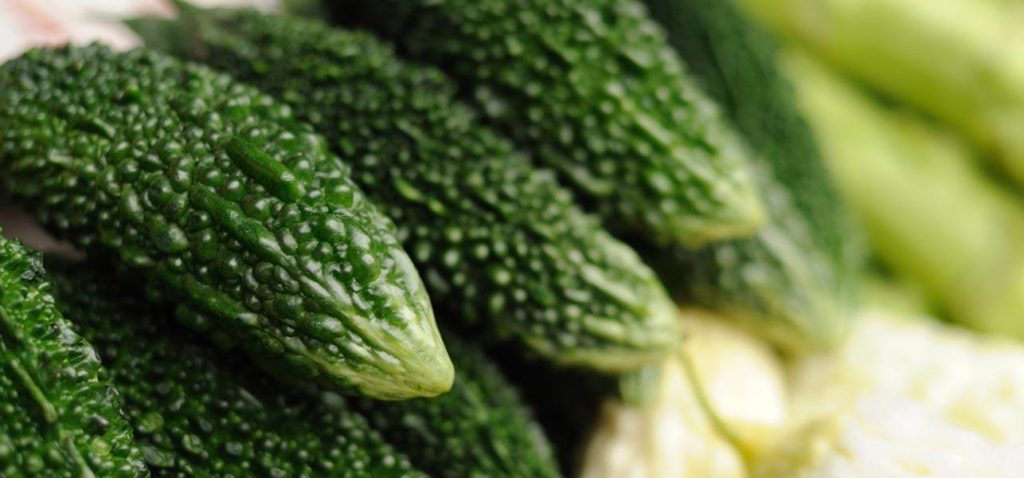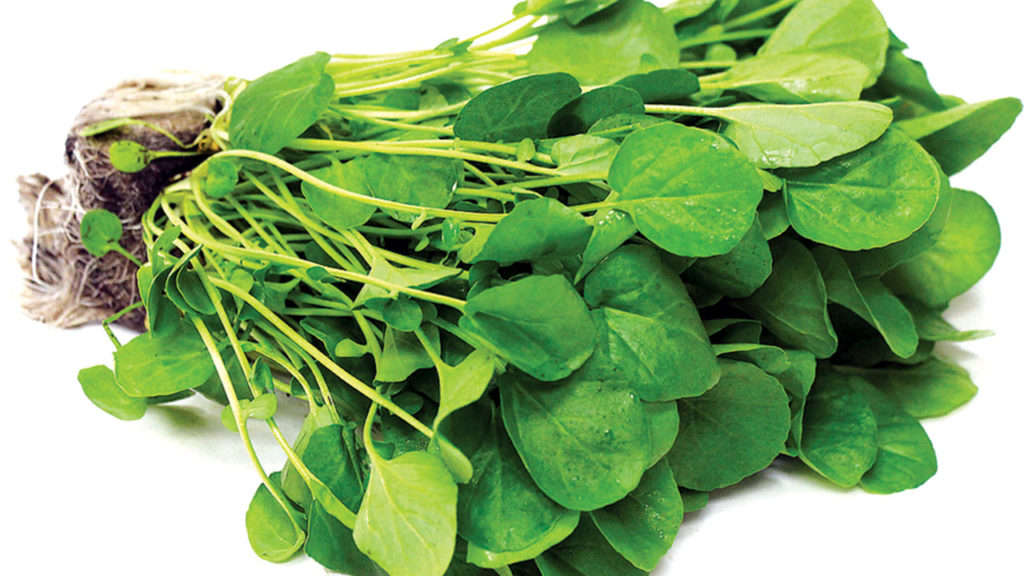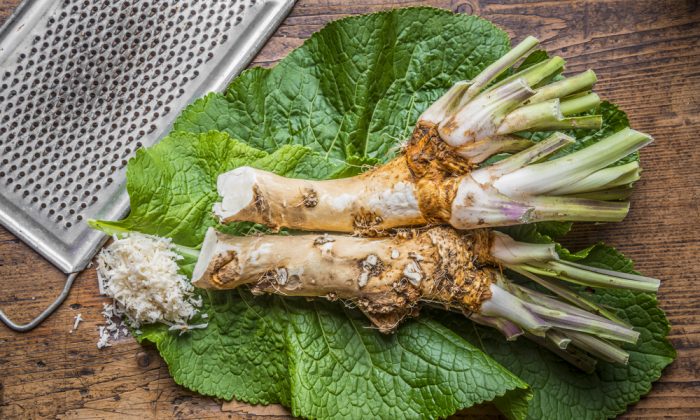These days, you can find all sorts of “natural” and “organic” products online, all touting their supposed medicinal qualities and health benefits. The sheer number of herbs, superfoods, spices, and vegetables that are supposedly good for you can be a bit overwhelming at times, especially if you’re looking for a particular health benefit. Add to that the horror stories about scams online and it truly becomes a monumental task. Fortunately for you, we’re here to help.
We’ve listed some of the medicinal vegetables together with their health benefits below. This is to help you look for an herbal supplement that has these vegetables and then decide from there if you want to have the health benefits that these medicinal vegetables bring to the table.
1. Moringa

Also known as the horseradish tree, ben tree, and drumstick tree, Moringa is a small tree that is native in South and Southeast Asia. Asian countries has extensively used Moringa for the treatment of several health complications such as high blood sugar, digestive disorders, cardiovascular complications, and joint pains, among others. The reason for such a diverse portfolio of health benefits lies in the nutritional content of Moringa itself: it is bursting with Vitamins A, C, and E, plus calcium, potassium, and protein. Here are some of the health benefits that you can get from Moringa:
- Contains the following antioxidants: flavonoids, polyphenols, and ascorbic acid (Vitamin C). These antioxidants fight off free radicals that cause premature aging, decreased mental functions, and a weakened immune system.
- Has anti-inflammatory properties that can help lessen the risk of chronic inflammation
- Has blood sugar support properties that can help with blood sugar management
- Moringa can help lower the risk of heart disease by assisting in the management of your cholesterol level
The most medicinal part of the Moringa are the leaves. So if you’re looking for Moringa supplements online, pick one that contains Moringa leaves extracts.
2. Bitter Gourd

 This superfood might not look much, and yes, even a bit too weird at times, but this is one of the most healthy and medicinal vegetables in existence. Hence, the superfood moniker. Known as Ampalaya in the Philippines, Karela in India, and Bitter Gourd (or even Bitter Melon) to the rest of the world, this vegetable is best known for its blood sugar support properties. Other than that, this superfood is also filled to the brim with vitamins and nutrients that the body needs. Here is a short list of its other well-known health benefits:
This superfood might not look much, and yes, even a bit too weird at times, but this is one of the most healthy and medicinal vegetables in existence. Hence, the superfood moniker. Known as Ampalaya in the Philippines, Karela in India, and Bitter Gourd (or even Bitter Melon) to the rest of the world, this vegetable is best known for its blood sugar support properties. Other than that, this superfood is also filled to the brim with vitamins and nutrients that the body needs. Here is a short list of its other well-known health benefits:
- With its high antioxidant content, the Bitter Gourd can help boost your immune system.
- Can help reduce the risk of heart disease by helping reduce the body’s bad cholesterol levels
- Helping reduce the body’s cholesterol level also greatly aids in losing excess weight
- The Bitter Gourd can be an effective blood purifier, which can be very beneficial to the skin
- Finally, the Bitter Gourd contains antifungal and antibacterial properties
Those are just some of the well-known health benefits of the Bitter Gourd. Scientists and researchers around the world are discovering so much more with each passing year. No wonder this vegetable is one of the most deserving of a “superfood” tag.
3. Watercress

Often overlooked and not as famous as its other green leafy cousins (cabbage and arugula), Watercress is one of the most versatile culinary vegetables in the world. People use watercress for sides or for salad, steamed and eaten, in sandwiches, and even in soups. Like its culinary uses, this vegetable also has many medicinal uses. Some of which are as follow:
- Helps improve cardiovascular healthy by aiding in lowering the body’s cholesterol level
- With its high calcium content, Watercress can help boost bone health and lessen the risk of osteoporosis.
- Watercress also contains folate, an essential nutrient in maintaining bone density.
- Folate also helps in lowering the risk of depression by boosting the production of neurochemicals such as serotonin.
- The antioxidant Vitamin C is also present in Watercress. Antioxidants fight off free radicals that damage cells and DNA
As we said earlier, Watercress contains a high amount of calcium, an essential nutrient for the prevention of many health complications such as diabetes, hypertension, and heart disease.
4. Horseradish

Synonymous with the incredibly pungent and spicy Horseradish sauce, the actual vegetable is closely related to mustard, wasabi, cabbage, and broccoli. Although it is closer to the first two due to their shared spicy taste and in being eye and sinus irritants, but a delight to steaks and other main dishes, Horseradish is filled with vitamins and nutrients that are very beneficial to the body. See the list below:
- Helps boost the body’s immune system through the Vitamin C it has and other phytochemicals
- Aids in weight loss due to it having very low calories, containing no fat, and is rich in protein
- Horseradish can help manage your blood pressure level due to its potassium content
- This can also help improve digestion due to its fiber content, and improve bone health due to the calcium content
Also, this vegetable contains antioxidants that help fight off free radicals. An interesting fact: Unbeknownst to most, despite its name, Horseradish is actually poisonous to horses.
5. Chili Peppers

A member of the nightshade family and related to bell peppers and tomatoes, Chili Peppers are primarily used as spices in various dishes and sauces. What is not commonly known is that this vegetable, due to the plant compound Capsaicin, should not only be venerated for its culinary uses but rather for its health benefits as well. For starters, a Chili Pepper contains significant amounts of Vitamin A, Vitamin C, Vitamin B6, Vitamin K1, Potassium, and Copper. Also, take a look at some of this vegetable’s health benefits below:

- Capsaicin can help ease pain through its binding of the nerve endings that sense pain.
- Studies show that 10 grams of chili pepper can help speed up fat burning in men and women
- Spicy food can help improve your cognitive functioning, lessening the risk of cognitive disorders
- With its potassium content, chili pepper can help with blood pressure management and the prevention of cardiovascular disease
However, it must be noted that too much consumption of chili peppers and very spicy food in general can lead to stomach complications such as peptic ulcer, asthma, and mouth problems.
Pick What Suits You
If you’re on the market for some natural herbal supplements with extracts from these superfood vegetables, it would be best if you’ll look for supplements with both the International Organization for Standardization (ISO) and Current Good Manufacturing Practice (CGMP) certifications.
Furthermore, being registered with government regulatory bodies is another thing to consider when buying herbal supplements. You’ll never know what unscrupulous manufacturers put in supplements that you ingest so it’s better safe than sorry.



